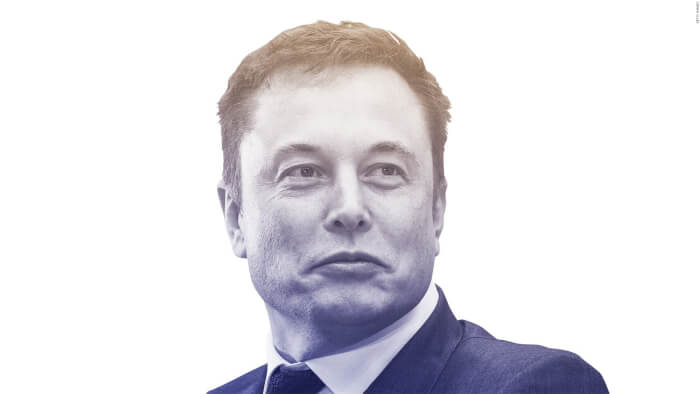growler23
Member
I think I remember your predictions from around then. You had some detailed spreadsheets from industry sources IIRC, and indeed were right - Tesla's 4680 rollout / ramp / development has been slower than many of us hoped. Other more experienced battery makers are rolling out that same form factor now, for what it is worth, as has been noted here. I for one would like to hear your take on whether those will help, hurt, or even be used by Tesla, given the product/battery choices Tesla has made lately with the 3, Y, and CT.Well we are going to see as I am sure this happens before I die (5 time cancer survivor now so..this is always an iffy blanket statement). I am speaking of a much shorter time frame than you, I love the idea of boring co tunnels working out. I don't see it short term (2-3) or even medium term (3-10) I am thinking in the next 10 years. There is lots of good data on Seattle, it's why I chose Everett to Seattle. You can look up and see exactly how long you need to leave to make sure you are there with a 95% confidence interval. The average commute time is how long it takes but there is obviously lots of variability even on a single trip. Everett to Seattle with a 95% is 75 mins If I recall from my reading last night.
Some days you'd still be late but 19/20 days you'll be on time.
I focus on commuters because so many people commute. If you want to replace ICE you have to solve this issue, either they need EVs or you have to have another model (EV Buses, etc). I don't personally care about RT or not, I care about EVs or not. That's the focus of time here (mostly). EVs, sustainability in transportation.
It's why I was concerned about the pace of the 4680 rollout. Remember. Was I wrong then? Nope...turns out I was spot on. Well here we are and I am telling you I don't see TaaS as being a big deal within the next 10 years. Not enough to shift to EVs. If you can't solve the commuter problem with TaaS than we still need EVs getting produced, as many models as possible.
It is hard for me to judge from all the headlines, but with CATL and BYD both saying (almost committing to!) a 50% drop in battery prices this year, and other stories talking about a coming glut of batteries, and the significant drop in lithium and other raw materials costs... do you think that (a glut) is what is happening (at least with other form factors like 2170?) Are we looking at a very near future of Tesla being neither battery constrained nor compute constrained?
And if Tesla has neither of those constraints, what does the Tesla future in a 5-year timeframe look like? (Question not just to @nativewolf but everyone here)





